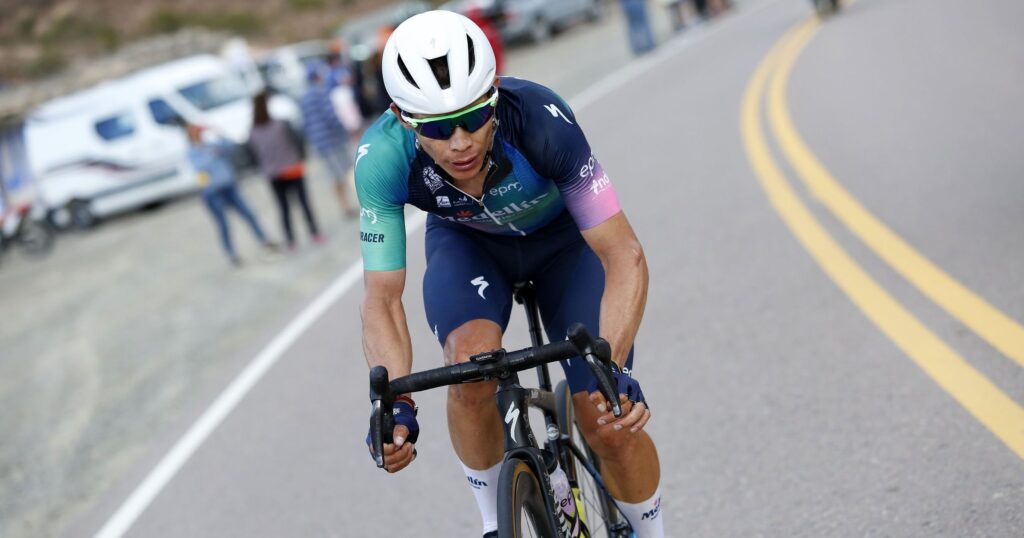In 2023, the sporting world was shaken by a significant event involving the athlete Mario Lopez, who was provisionally suspended due to serious allegations of anti-doping rule violations. This suspension followed a comprehensive investigation spearheaded by the International Testing Agency (ITA), an organization dedicated to the integrity of sport and the enforcement of anti-doping rules globally. The inquiry was not conducted in isolation; it incorporated substantial support from Spanish law enforcement authorities, which contributed crucial evidence to the case.
Dr. Marcos Maynar, a doctor at the center of this investigation, was scrutinized for his involvement and practices related to doping in sports. The partnership between the ITA and the Spanish Anti-Doping Organisation (CELAD) was instrumental in unearthing the layers of malpractice that led to Lopez’s suspension. CELAD’s role was particularly vital, given its local expertise and focus on combating doping in Spain. The collaboration between these entities underscored the seriousness with which doping violations are treated, especially within a competitive sports framework that greatly values fairness and integrity.
The report detailing the findings indicated that Lopez had committed what was classified as a “potential anti-doping rule violation.” While the specific details of the violation remain undisclosed, the label itself indicates that evidence of wrongdoing was strong enough to warrant immediate action. This decision led to the athlete being provisionally banned from participating in any competitive events while the investigation continues. Such provisional suspensions are standard procedure in doping cases, illustrating a commitment to uphold various ethical standards in sports, thereby maintaining an even playing field for all athletes regardless of their stature.
Mario Lopez, known for his exceptional performance in his sport, now faces a pivotal moment in his career. The implications of the suspension extend far beyond immediate competitive consequences; they also damage one’s reputation, which can be difficult to restore once tarnished. Furthermore, the athlete may now confront rigorous questioning and scrutiny from both the media and the public, which often accompanies high-profile doping allegations. The psychological and emotional burden of dealing with such scrutiny can be overwhelming, presenting enormous challenges in terms of mental well-being and public relations.
In addition to the personal consequences for Lopez, this situation raises broader questions around doping in sports. The involvement of national and international organizations demonstrates a dedication to fighting against drug use in athletics. It reveals a concerted effort not just to punish violators, but also to prevent the use of performance-enhancing substances that could compromise the essence of sportsmanship. This approach serves as a warning to current and aspiring athletes about the critical importance of adhering to the rules established by governing bodies.
As the investigation unfolds, the potential outcomes for Lopez range from exoneration to a more extended ban, depending on the findings of the ITA and CELAD. The diligent work carried out by these organizations and law enforcement serves to reassure the sporting community that integrity remains paramount. Should the allegations be proven, Lopez may face significant repercussions but, conversely, if he can clear his name, it may reopen doors for his career that currently seem closed.
Overall, the provisional suspension of Mario Lopez reflects a broader commitment across sports to maintain ethical conduct and fairness amongst athletes. The joint efforts of the ITA, CELAD, and local authorities showcase the seriousness with which doping violations are treated and the lengths to which organizations will go to ensure a level playing field. The outcome of this case could have far-reaching consequences, not only for Lopez himself but also for the integrity of competitive sports as a whole.



